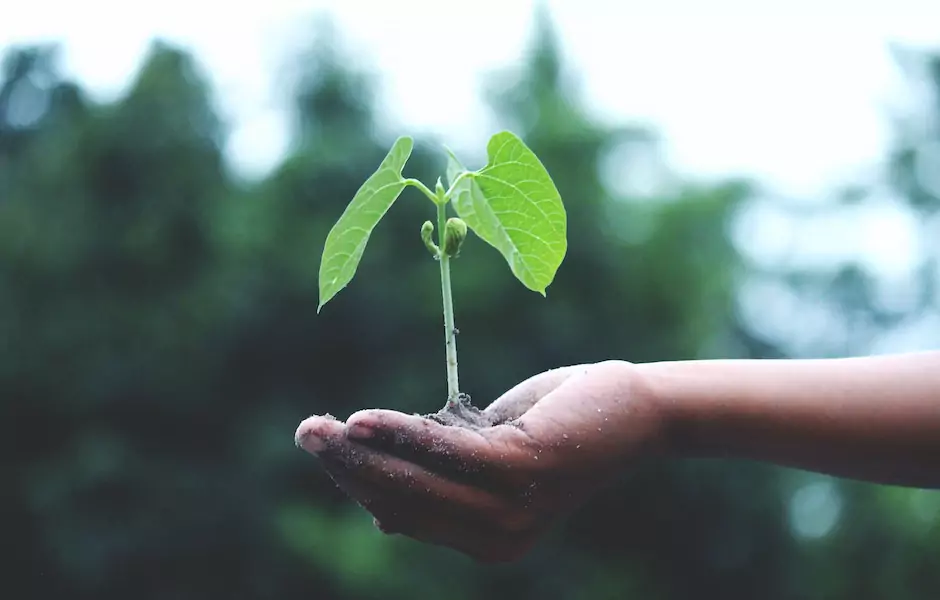Australia is a country with a vast and unique natural environment, making sustainability a critical issue. Over the years, Australia has faced numerous sustainability challenges, including deforestation, land degradation, and pollution. However, the country has also made significant progress in addressing these challenges, with many initiatives and programs in place to promote sustainability.
One of the most significant sustainability challenges facing Australia is climate change. Australia is one of the world's highest per capita greenhouse gas emitters, and its emissions have continued to rise in recent years. The country's reliance on fossil fuels, particularly coal, has been a major contributor to this problem. However, the Australian government has committed to reducing emissions, and many businesses and individuals are taking steps to reduce their carbon footprint.
Another critical sustainability challenge in Australia is water scarcity. Australia is the driest inhabited continent on earth, and water resources are limited. Climate change has also led to more frequent droughts, putting additional pressure on water supplies. To address this challenge, Australia has implemented various water management strategies, including water recycling, desalination, and conservation measures.
Land degradation is another major sustainability issue in Australia. Soil erosion, salinity, and loss of biodiversity are significant problems, particularly in agricultural regions. To address these issues, Australia has implemented various programs to promote sustainable land management practices, including conservation tillage, agroforestry, and revegetation programs.
In recent years, waste management has become an increasingly significant sustainability issue in Australia. The country generates over 67 million tonnes of waste per year, with only around half of that waste being recycled. To address this issue, Australia has implemented various waste reduction and recycling initiatives, including container deposit schemes, bans on single-use plastics, and increased funding for waste management infrastructure.
Australia also faces sustainability challenges related to biodiversity loss and conservation. The country has one of the highest rates of species extinction in the world, with over 1,800 plant and animal species currently threatened with extinction. To address this issue, Australia has implemented various conservation programs, including the creation of national parks and protected areas, habitat restoration initiatives, and species recovery plans.
Despite these sustainability challenges, Australia has also made significant progress in promoting sustainability. Many businesses and individuals are taking steps to reduce their environmental impact, and the government has implemented various sustainability initiatives and programs.
One example of a significant sustainability initiative in Australia is the Renewable Energy Target (RET). The RET is a policy that aims to increase the use of renewable energy in Australia, with a target of generating 33,000 GWh of electricity from renewable sources by 2020. This policy has helped drive the growth of renewable energy in Australia, with wind and solar power becoming increasingly competitive with traditional fossil fuel sources.
Another example of a sustainability program in Australia is the National Landcare Program. This program aims to promote sustainable land management practices and protect natural resources, including soil, water, and biodiversity. The program provides funding for projects that address land degradation, water scarcity, and biodiversity loss, and has helped promote sustainable agriculture and natural resource management across the country.
Australia is also home to many sustainable businesses and organizations, with a growing focus on environmental and social sustainability. Many Australian companies are implementing sustainable business practices, including reducing energy use, sourcing renewable energy, and reducing waste. There are also many sustainability-focused non-profit organizations in Australia, including conservation groups, environmental advocacy groups, and community organizations working to promote sustainable living.
In conclusion, sustainability is a critical issue in Australia, given the country's unique natural environment and the many sustainability challenges it faces. However, Australia has also made significant progress in addressing these challenges, with many initiatives and programs in place to promote sustainability. As businesses, individuals, and governments work together to promote sustainable practices and behaviors, Australia can continue to move towards a more sustainable future.




